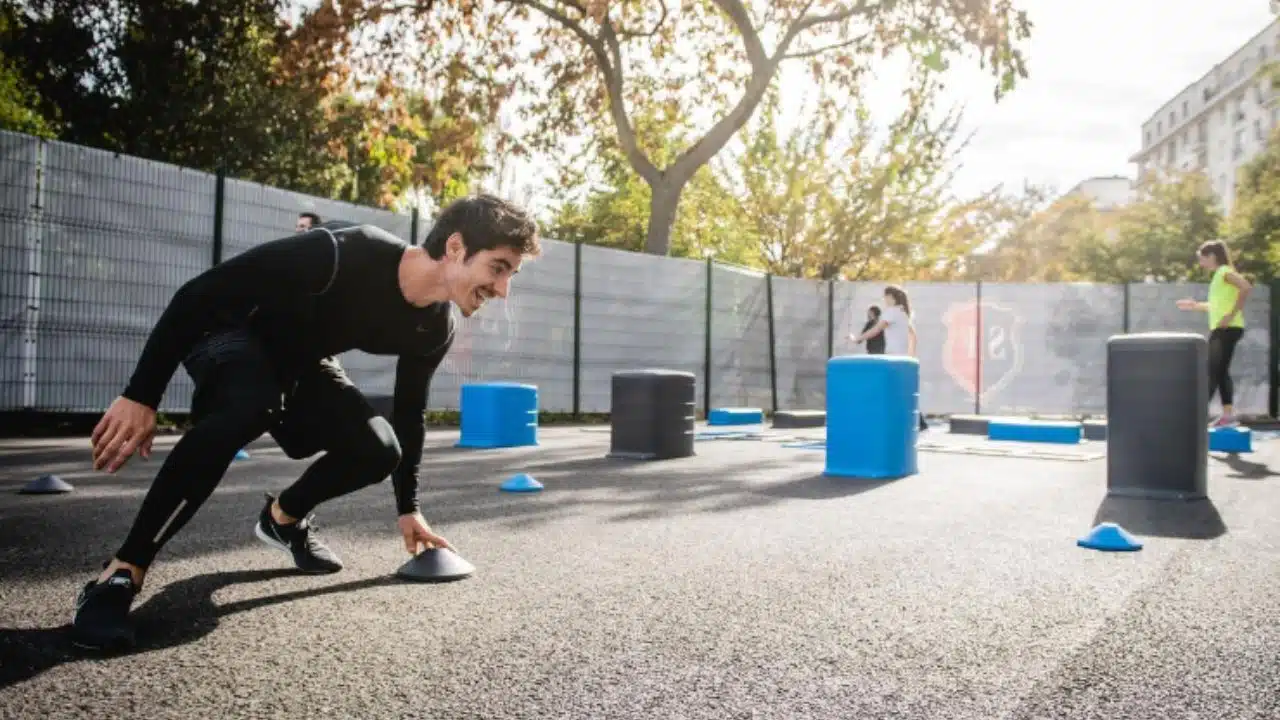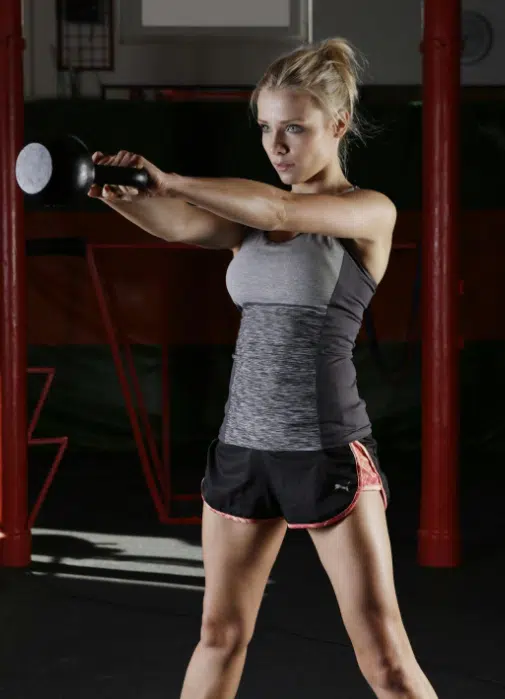Pilates has gained immense popularity over the last two decades, evolving from a niche exercise method into a mainstream fitness trend. The discipline emphasizes core strength, flexibility, and overall body awareness. What makes Pilates truly stand out is its versatility, appealing to a diverse range of fitness enthusiasts. Individuals with different backgrounds and goals can experience the benefits it offers. As more people share their successes in fitness communities, the allure of incorporating Pilates into a regular workout routine becomes undeniable. Whether you are aiming for enhanced strength, improved posture, or an overall wellness boost, Pilates can be an excellent addition to your regime.
Improved Core Strength
One of the core principles of Pilates is developing inner strength, particularly in the abdominal region. Unlike many traditional strengthening exercises, Pilates focuses on longer, controlled movements that engage multiple muscle groups simultaneously. This functional approach leads to a more balanced strength throughout the entire core, reducing the risk of injury and improving performance in other physical activities. Strong core muscles provide a solid foundation for daily tasks, ensuring you can perform activities ranging from lifting heavy objects to maintaining proper posture with ease. Furthermore, engaging in Pilates can lead to enhanced performance in a variety of sports. Athletes from different disciplines often turn to Pilates for core stabilization and strength improvements. By consistently practicing Pilates, you create a more robust base for your physical endeavors. Participants often notice a significant boost in their athletic capability shortly after incorporating these routines, leading to greater confidence and enjoyment in their specific sports.
Enhanced Flexibility
Flexibility plays a crucial role in overall fitness, contributing to joint health and injury prevention. With its emphasis on stretching and controlled movements, Pilates fosters increased flexibility throughout the body. As you practice various poses, your muscles gradually adapt, allowing for a greater range of motion. This improvement not only boosts performance in physical activities but also contributes to better posture and alignment. In addition to improving flexibility, Pilates places an emphasis on mindful movement. This mindfulness allows you to become more aware of your body and how it moves through space. Over time, participants may notice reduced stiffness and increased ease of movement throughout their daily routines. The cumulative effect of enhanced flexibility and awareness can significantly improve overall quality of life, making simple tasks easier and more enjoyable.
Better Posture and Alignment
Many individuals spend extended periods in sitting positions or hunched over their devices, leading to poor posture and spinal alignment. Pilates directly addresses these issues by promoting awareness of body mechanics. Through specific exercises, practitioners learn to align their spine, enhance stability, and develop postural alignment. As you focus on controlled movements, you will notice increased strength in the muscles that support your spine. This newfound strength allows you to maintain better posture in daily situations, from sitting at a desk to standing in line. Postural improvements can alleviate discomfort associated with common sitting-related issues, such as back pain and tension headaches. By practicing Pilates regularly, you not only develop stronger muscles but also cultivate a mindset of body awareness. This holistic approach guides participants toward modifying their behaviors in both exercise and daily life, ultimately leading to significant postural benefits.
Stress Relief and Mindfulness
The modern lifestyle can often be stressful, with various responsibilities competing for our attention. Incorporating Pilates into your routine can significantly help alleviate stress levels. The focus on breathwork, movement, and mindfulness creates an engaging experience that encourages participants to disconnect from daily stressors. Practicing Pilates allows you to channel your energy into physical movement, promoting relaxation while still providing a workout. The meditative aspects of this exercise also help develop a greater connection between mind and body. As you become more in tune with your physical state, you may find enhanced mental clarity and emotional stability, positively impacting your daily interactions and overall well-being. In essence, Pilates empowers individuals to take a step back and prioritize self-care. By tuning into your body, you can cultivate a greater sense of well-being while also positively influencing your fitness journey.
Increased Balance and Coordination
As the body ages, maintaining balance and coordination becomes increasingly important. Pilates workouts consist of various exercises designed to develop stability and promote body control. Engaging and challenging movements create an environment where participants learn to control their bodies in multiple planes, refining their neural pathways for improved balance. As a result, many practitioners have discovered that pilates increases your balance, making daily activities safer and more enjoyable. As you progress in your Pilates practice, you will likely notice improvements in your coordination as well. Exercises that require precise movements challenge your motor skills and enhance spatial awareness. By fostering balance and coordination, Pilates offers practical benefits not only during sessions but also during everyday tasks.
Support for Rehabilitation and Injury Prevention
Individuals recovering from injuries or dealing with chronic pain issues often find Pilates particularly beneficial. The method emphasizes low-impact exercises tailored to meet individual needs, effectively engaging muscles without putting undue stress on the body. Participants work under the guidance of certified instructors who can modify exercises according to their specific rehabilitation goals. Furthermore, Pilates promotes body awareness and proper movement patterns. This heightened awareness reduces the likelihood of future injuries, creating safer movement habits. Many practitioners report substantial progress in their rehabilitation journeys, noting that Pilates often serves as an integral part of their recovery process.
Adaptability and Accessibility
One of the most appealing features of Pilates is its versatility. Regardless of age, fitness level, or physical condition, individuals can find an appropriate Pilates routine to suit their needs. Beginners can start with basic mat exercises, while advanced practitioners can explore more complex movements and equipment, such as the reformer. The adaptability of Pilates allows it to cater to a diverse population, ensuring that everyone can benefit from its teachings. This accessibility extends beyond physical conditions, too. Many studios and instructors offer specialized classes tailored to specific populations, such as pregnant women or seniors. Thus, no one is left behind when it comes to reaping the benefits of Pilates.
The diverse benefits of Pilates make it an encouraging option for anyone looking to enhance their fitness routine. From improved core strength and flexibility to better posture and increased mindfulness, there is a wide array of advantages. Additionally, its adaptability allows individuals from all walks of life to enjoy its many benefits. By incorporating Pilates into your workouts, you set yourself on a path toward a more fulfilling fitness journey.





































